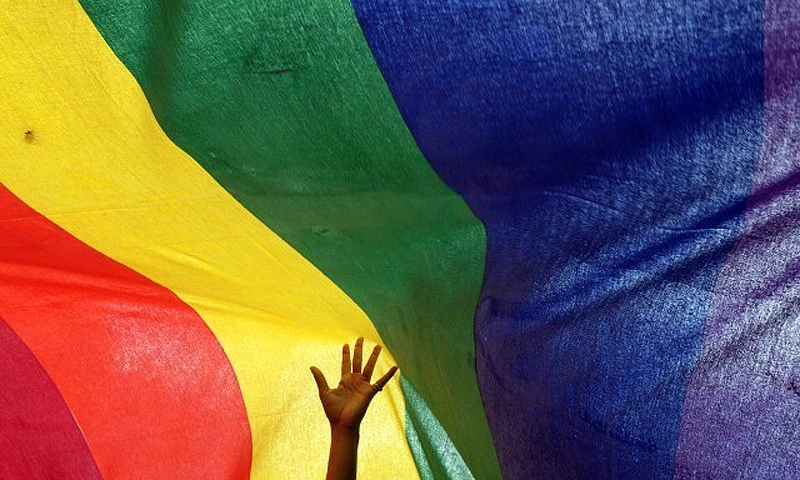
In Pakistan, a nation shaped by tradition and faith, where social norms and religious teachings hold significant influence, the presence of LGBTQ+ supporters and practitioners is like a jarring note in a symphony. Homosexuality and any other distorted notion of sexuality, considered both a legal transgression and a breach of societal expectations, creates a challenging environment for a Muslim society.
Navigating this difficult terrain of social and religious taboo poses numerous hurdles, endangering not just socially accepted values but also the very fabric of family institution and future trajectory a society in a deeply penetrating global agenda of LGBTQ+ which doesn’t fit well for all the nations and societies alike.
Picture a society deeply rooted in Islamic values, where family structures and social hierarchies are ingrained. Here, the concept of “wajib” – duty – governs conduct, emphasizing conformity to established norms. Within this framework, the LGBTQ+ community is arising as an anomaly, their identities incompatible with the established social, cultural and religious order. This clash gives rise to a myriad of complex challenges.
The existing social values in Pakistan are deeply rooted in traditional gender roles and familial structures guided by the principles of Islam which is the most followed religion in the country.
The presence and promotion of openly LGBTQ+ individuals threaten these norms, sparking anxieties and debates about the erosion of social order, religious conformity and cultural identity. The existence of diverse sexual orientations and gender identities is a disruption to the established norms, leading to a societal discomfort that echoes through various facets of life.
Moral values, often intertwined with religious teachings, are one of the biggest challenges posed by LGBTQ+ individuals. These identities are incompatible with traditional morality and religious doctrines of Islam. In Islam, heterosexuality is the only accepted and natural form of sexuality that exists and marriage is the only legally, socially and religiously accepted way for individuals to live together. The profanity of LGBTQ+ brings a handful of absurd justifications for sexual confusion and living arrangements that are not deemed acceptable in any civilized setting.
Family values, in Pakistani societies, are confined to heterosexual marriages and the concept of biological offspring. The established narrative around family values has been under systematic threat since the gradual infestation of LGBTQ+ agenda in Pakistani youth.
In the midst of the evolving discourse on LGBTQ+ identities in Pakistan, it is essential to acknowledge concerns raised about the dangerous impact of LGBTQ+ content on younger generations. The accessibility of such content raises alarms regarding its influence on children and adolescents, giving rise to discussions around gender confusion, depression, and anxiety. Exposure to LGBTQ+ content at a young age contributes to a sense of confusion about gender identity among children.
Also Read: Bells and Crescendos: Interfaith Harmony in Pakistan
It is crucial, however, to approach this topic with nuance, recognizing the need for age-appropriate conversations surrounding sexual orientation and gender identity. While acknowledging these concerns, it is equally important to differentiate between open dialogue and content that may be inappropriate for certain age groups. There is a need for responsible content consumption, ensuring that discussions around sexual orientation and gender identity are approached with sensitivity and understanding of cultural and religious considerations.
The portrayal of LGBTQ+ individuals in Pakistani media remains a complex and evolving landscape. While legal and social barriers often limit open discussion, recent years have witnessed a nuanced shift raising alarms regarding the rapid normalization of LGBTQ+ discourse in Pakistani society.
Some media outlets, particularly online platforms, have begun to offer glimpses into LGBTQ+ experiences, featuring documentaries, interviews, and even fictional characters exploring themes of identity, acceptance, and struggle. However, these portrayals shrewdly navigate the balance between showcasing LGBTQ+ stories and adhering to societal sensitivities. They utilize metaphors, focus on personal narratives, or avoid explicit terminology to minimize backlash from conservative audiences while making sure that the subtle messaging is done.
The depiction of LGBTQ+ individuals in media spans a broad spectrum, from outright exclusion to intricate examinations, mirroring the continuous social and political dialogues enveloping this delicate subject. The dissemination of this narrative is posing significant challenges for the younger generation in Pakistan. It is imperative to unite and address this issue resolutely, as failure to do so may result in the rapid infiltration of such perspectives into our society.





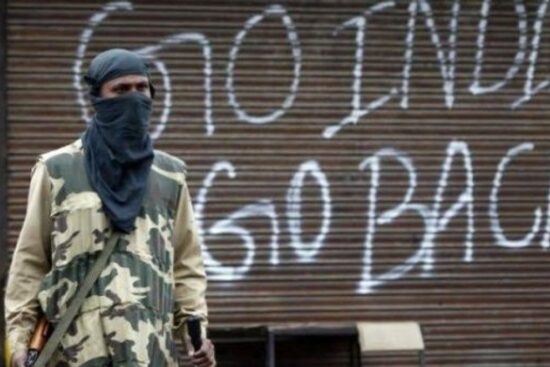
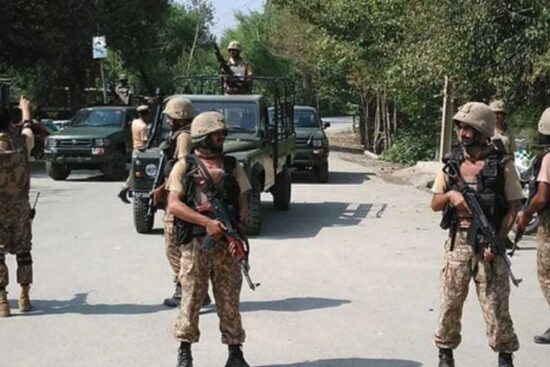
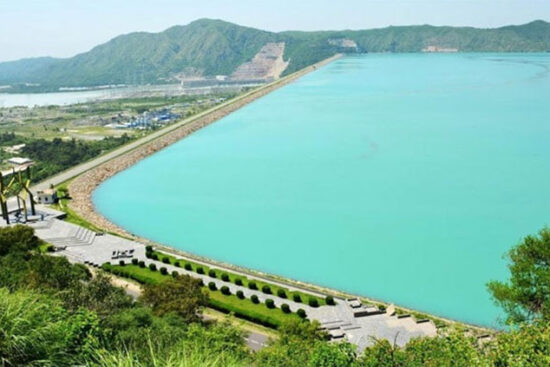
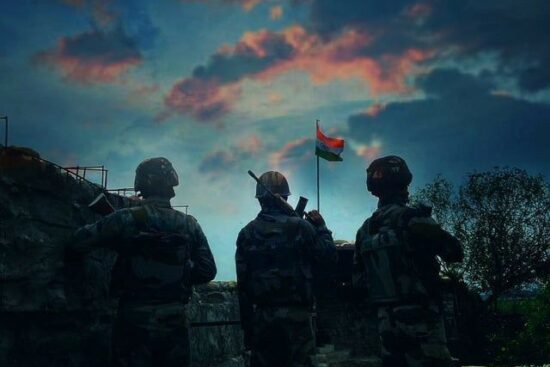

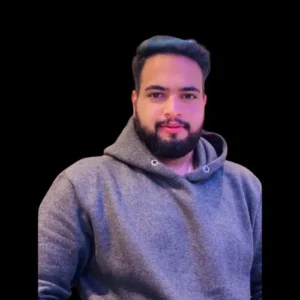



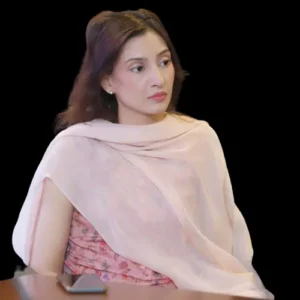


Leave a Reply